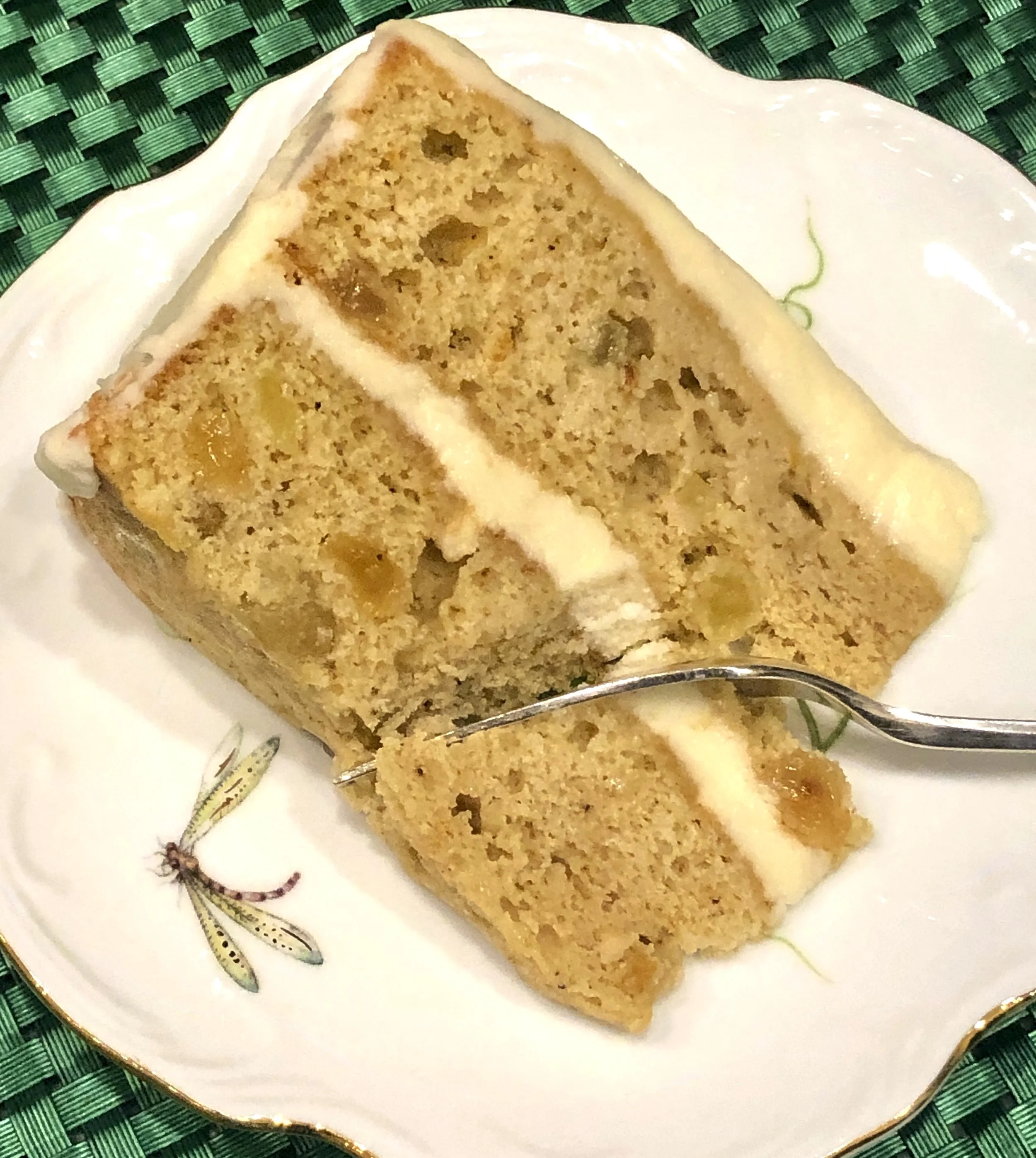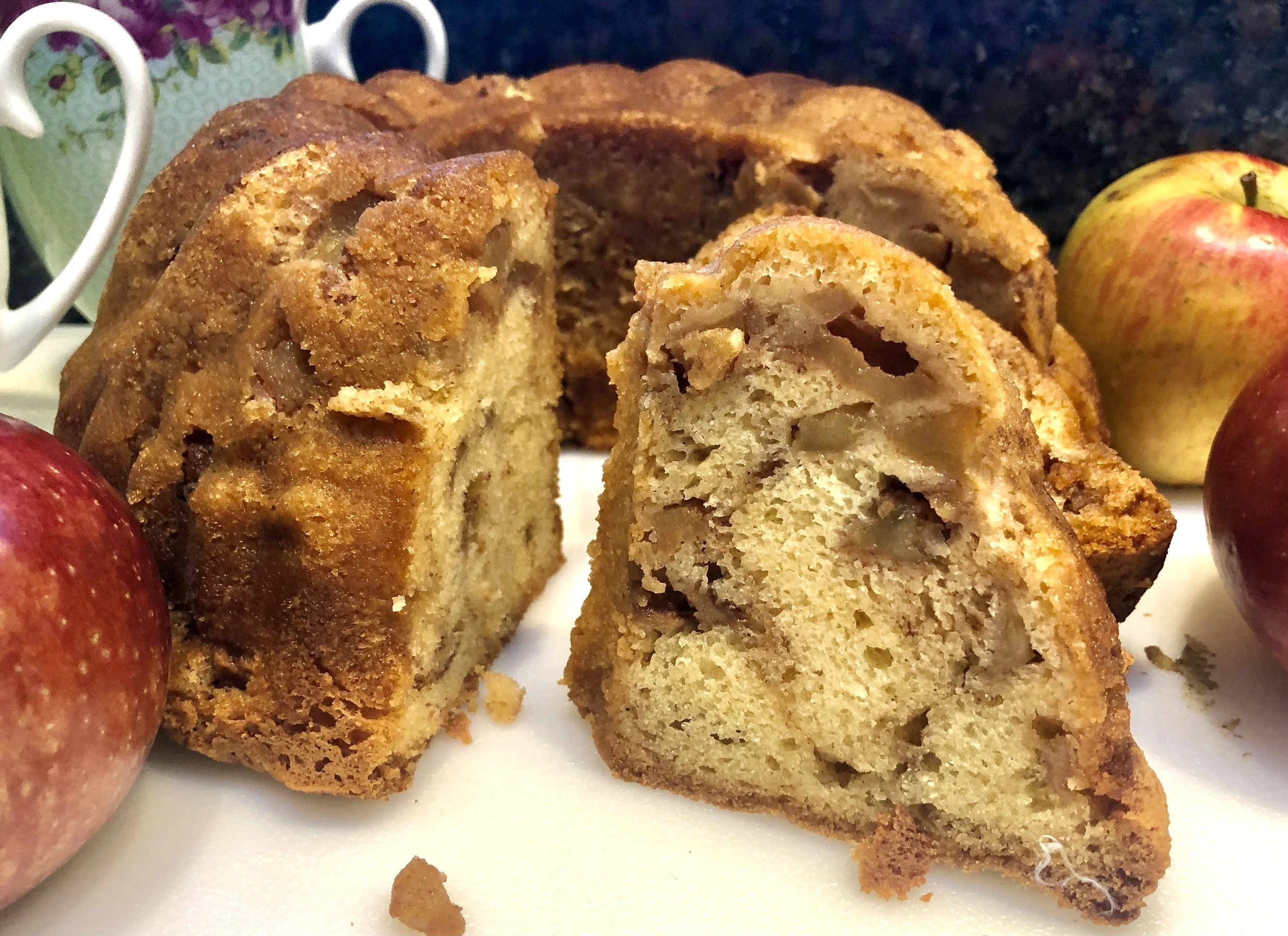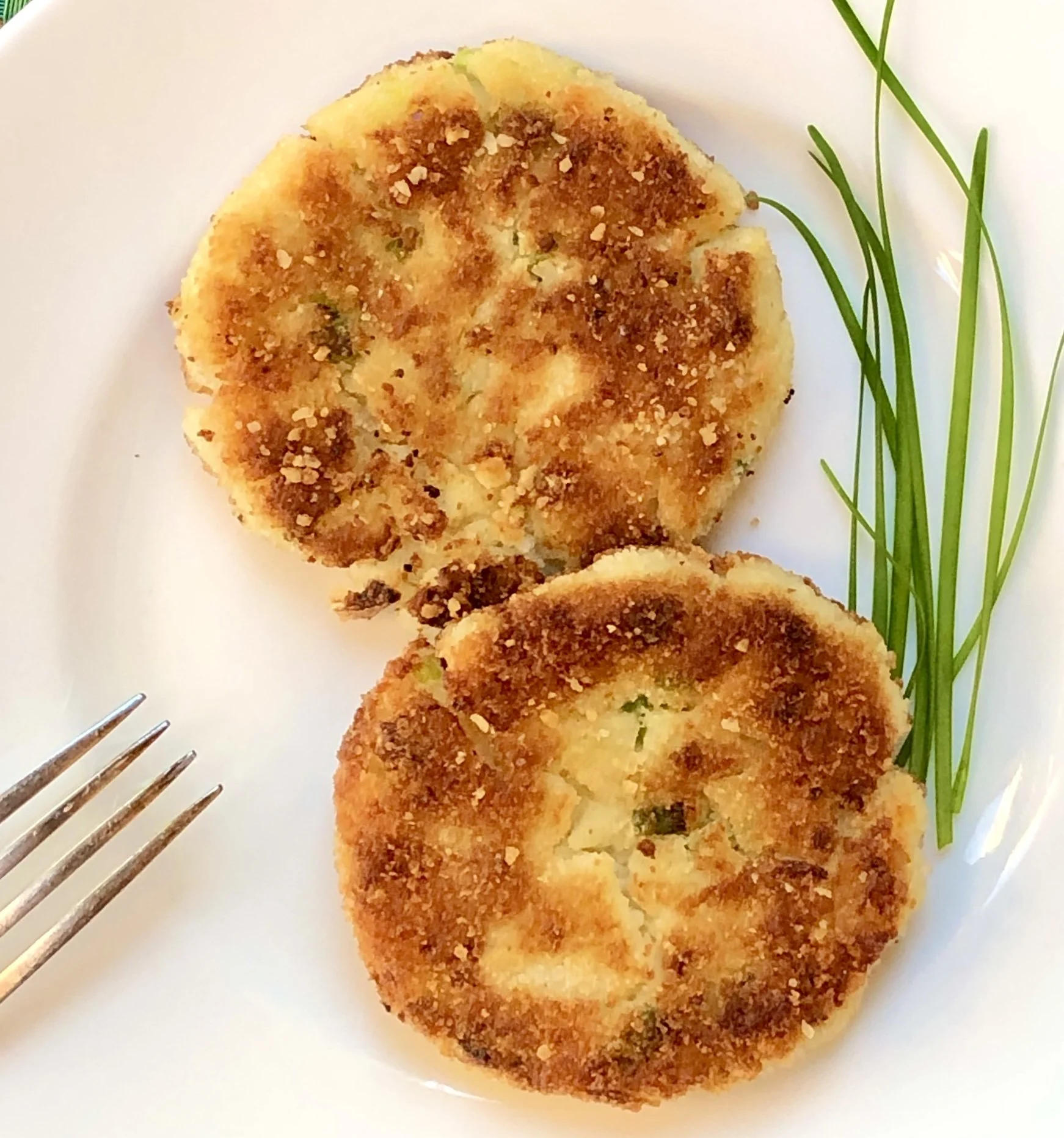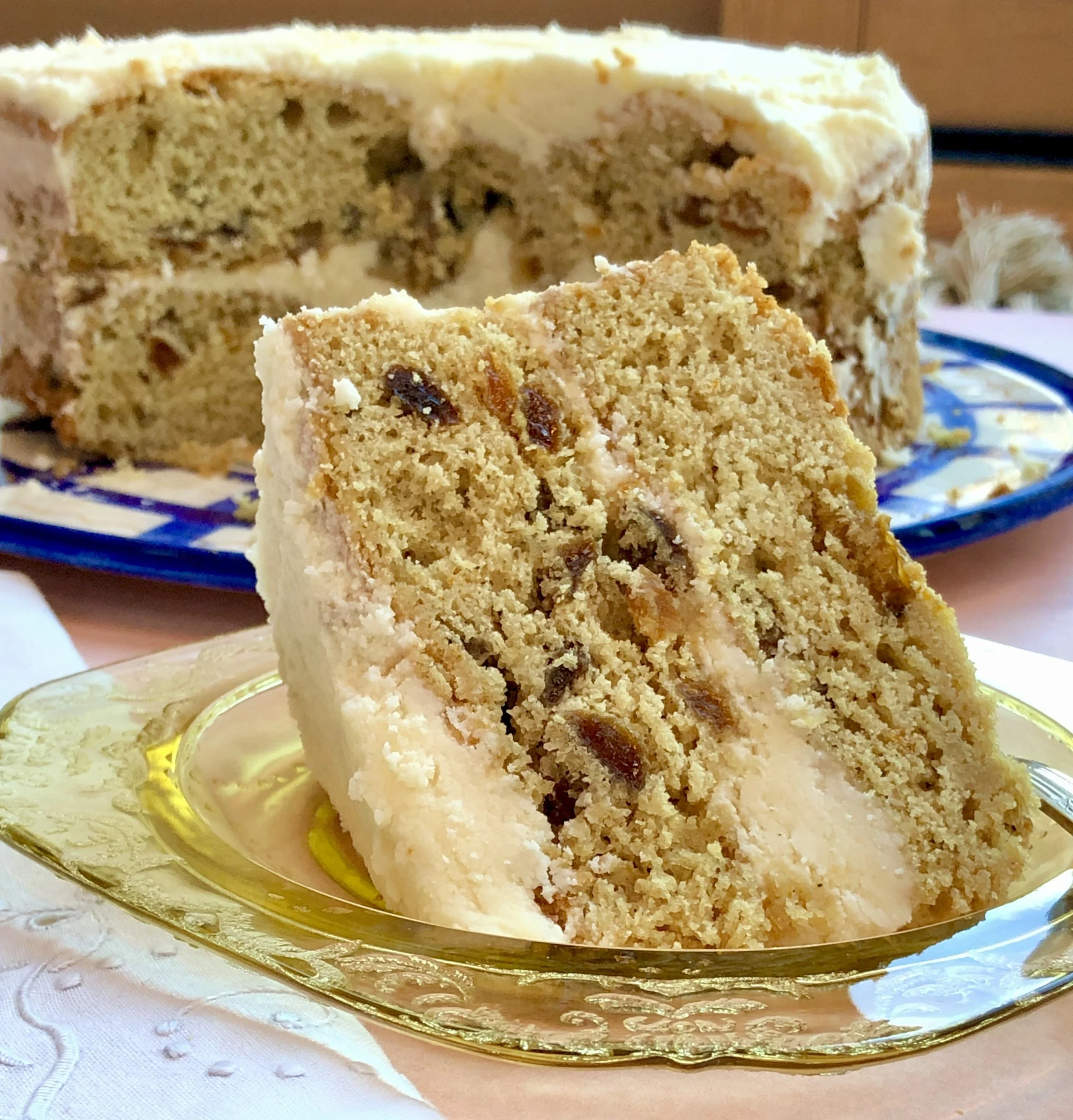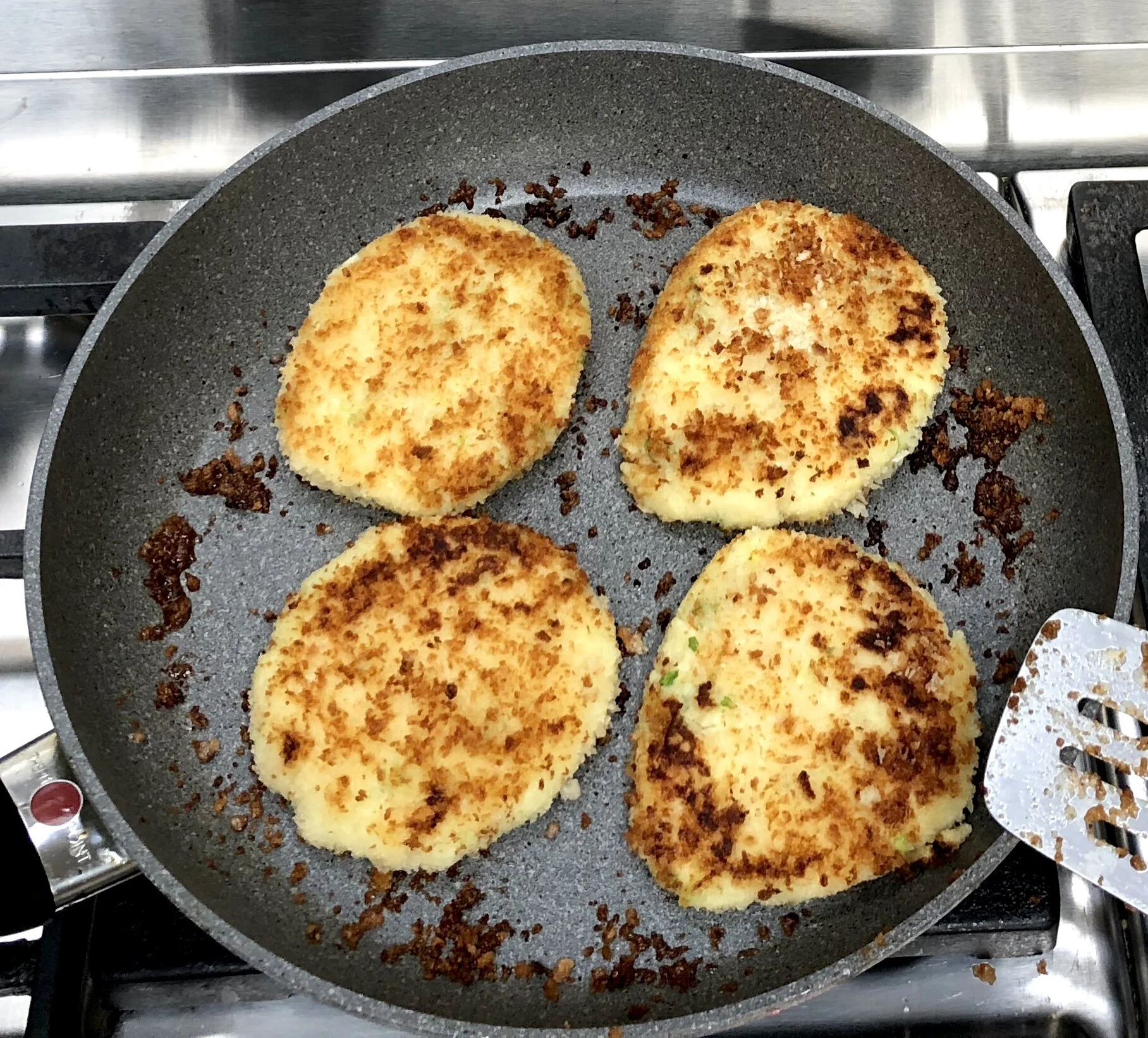Ed’s birthday is coming and he’s not a big cake or dessert person, so we’ve been thinking about what to serve when the family gets together. I nominate this Irish Whiskey cake, which I have seen him devour on more than one occasion. It’s a good bet for his birthday, also Purim and St. Patrick’s Day!
IRISH WHISKEY CAKE
1 cup golden raisins
1 tablespoon grated fresh orange zest
1/4 cup Irish whiskey
2 cups all-purpose flour
2 teaspoons baking powder
1 teaspoon baking soda
1/2 teaspoon salt
1/2 teaspoon freshly grated nutmeg
1/4 teaspoon ground cloves
3/4 cup butter at room temperature
3/4 cup sugar
2 large eggs
1/3 cup orange juice
FROSTING
3/4 cup butter, at room temperature
2 cups confectioners' sugar
1/4 cup Irish whiskey
Preheat the oven to 350 degrees. Lightly grease two eight-inch cake pans. Line the bottoms with parchment paper and lightly grease the paper. Place the raisins and orange zest in a bowl, pour in the whiskey and let soak for at least 30 minutes. Combine the flour, baking powder, baking soda, salt, nutmeg and cloves in a bowl. Set aside. Beat the butter and sugar in the bowl of an electric mixer set at medium speed for 2-3 minutes or until smooth and well blended. Add the eggs and beat for another 2-3 minutes or until the mixture becomes smooth (scrape down the sides of the bowl with a spatula). Add the flour mixture and beat for 1-2 minutes to incorporate it into the other ingredients. Add the raisins (with any remaining liquid) and the orange juice and beat for another 1-2 minutes until a uniform batter has formed. Spoon the mixture into the cake pans. Bake for 20-22 minutes until a cake tester inserted into the center comes out clean. Let the cake cool in the pans for 10 minutes, then remove the cakes and let them cool completely. Make the frosting by beating the butter and confectioners’ sugar together until smooth. Gradually add the whiskey and beat until smooth. Frost the bottom layer, place the second layer on top and frost the top of the second layer.
Makes 8 servings
